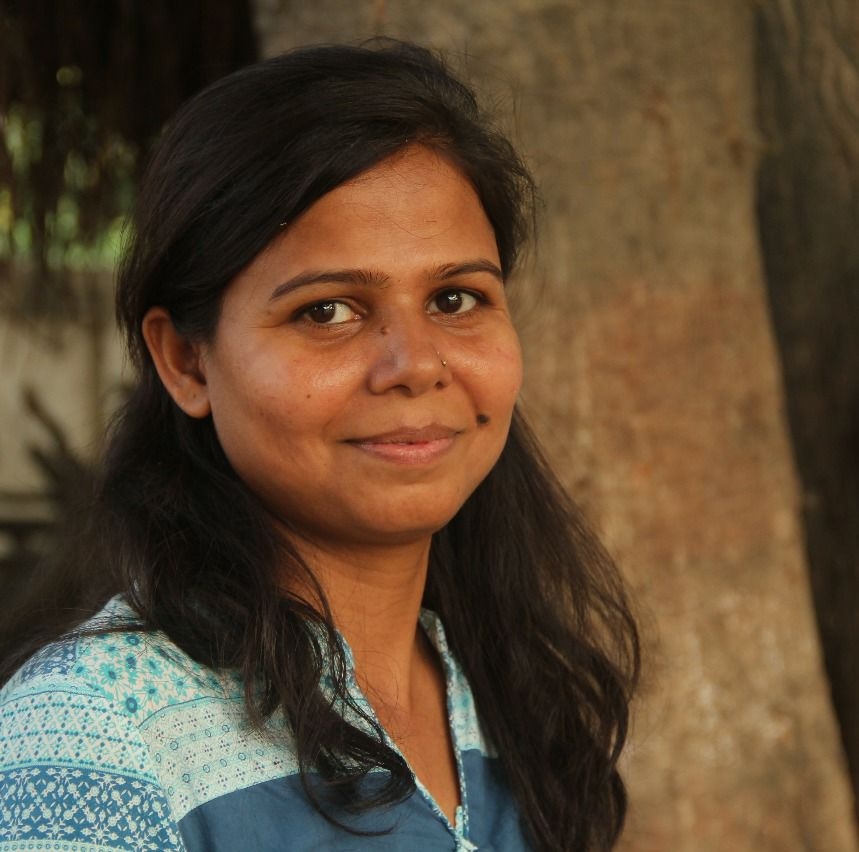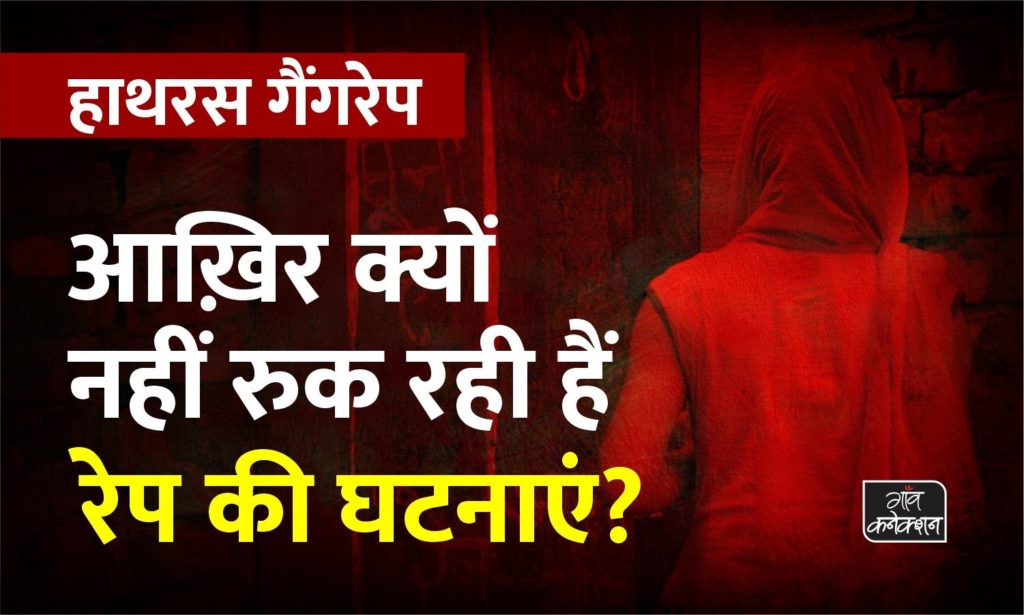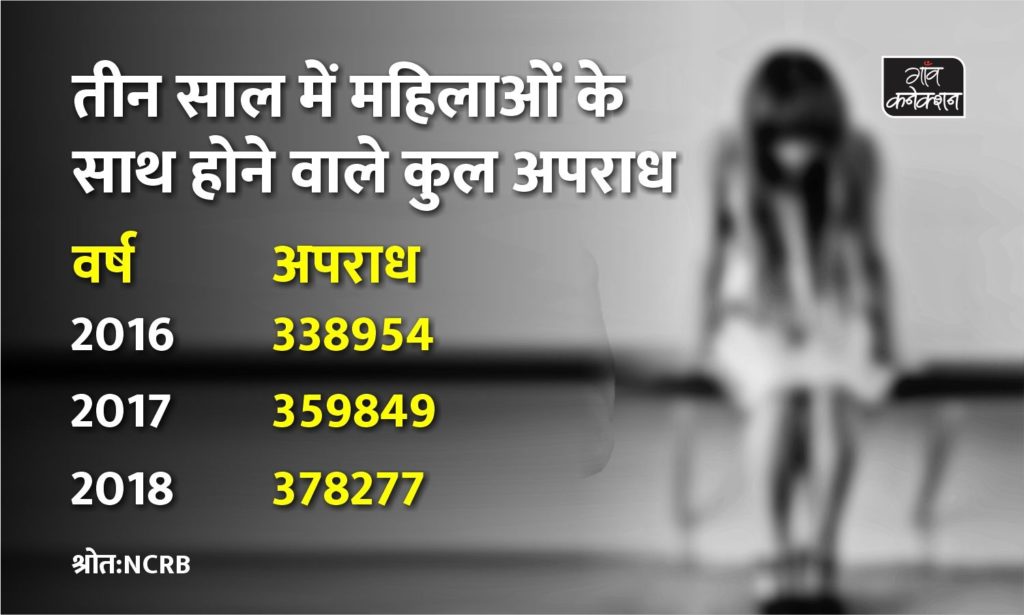Uttar Pradesh reports 11 rape cases daily. How sensitive is its police force towards survivors?
According to a recently released report that studied 14 cases of rape, it took 11 anywhere between two and 228 days to register an FIR, even when accompanied by a social worker.

The police force in Uttar Pradesh has been widely condemned for its improper handling of the Hathras gangrape case in which a young girl died on September 29 and was cremated in the dead of the night. The very same day, two men allegedly gangraped a 22-year-old Dalit girl in Balrampur district of the state. She was also subjected to extreme brutality, and died. Police tweeted that they had been arrested.
The state of women in Uttar Pradesh, the largest state in the country, is deeply concerning. However, an equal area of concern is the attitude of the police force.
The Association for Advocacy and Legal Initiative, and Commonwealth Human Rights Initiative , the two institutions providing legal advice to women, conducted a research in 2019-2020 on 14 cases of rape that took place between 2016 and 2019 in Uttar Pradesh. The report, ‘Barriers in Accessing Justice: The experiences of 14 rape survivors in Uttar Pradesh , India’, was launched online on September 20 this year.
According to the report, in 11 cases it took between two and 228 days or seven-and-a-half-months to lodge an FIR despite a social worker helping and guiding the survivor. According to the report, in each of the 14 cases, the police had refused to file an FIR immediately. The report also mentioned that this attitude impedes justice.

As per the National Crime Records Bureau (NCRB) 2018 data, one girl is raped every 15 minutes in India. Of the 91 incidents of rape and sexual violence in the country on a daily basis, 11 take place in Uttar Pradesh. Cases of violence and crime against women are increasing by the year in the state. In 2016, it was 49,262; it increased to 56,011 in 2017 and to 59,445 in 2018.
What the report on the 14 cases said played out for real in the Hathras case too. The family members of the victim alleged that the police woke up to the case only 10 days after the incident, following public outrage. Now, the police action in the entire case is being widely questioned.
On August 14, 2017, the relative of a 17-year-old speech and hearing impaired Dalit girl allegedly raped her. She was from a village in Pisawan block, about 40 kilometres from Sitapur district. The victim did not share her ordeal at home because she had been threatened. Five months later, she was found pregnant, and the girl’s mother went to lodge an FIR on January 26, 2018. She finally managed to do so only on February 22 that year, after a delay of 28 days. “We had to visit the police station multiple times before they finally registered the FIR. We were given so many excuses. It was only after we pleaded with the superintendent of police, Sitapur, that it became possible,” the girl’s mother told Gaon Connection.
A minor girl was abducted on January 5, 2018, in Fatehpur district and subjected to rape for three days. She was left on the village outskirts. Her father went to the police station countless times, but no FIR was registered. “The daroga (in-charge) kept telling me she would come back the next day, and then the next. I had no choice but to wait,” her father told Gaon Connection.
Even after she returned and told her family what happened and they went to the police station, the police did not register their complaint. “I had to go to court. We were constantly intimidated and threatened to go in for a conciliation. I could only cry; there was no one to assure us our daughter would get justice,” he added.
Now, the father, a daily wager, has to pay back a debt of Rs 1.5 lakh, taken in quest of justice. The survivor has also not received the compensation of Rs 7 lakh under the state government’s Rani Lakshmibai Mahila Samman Prakoshth, provided to women who are victims of violence. Ironically, the police have the responsibility of helping the survivor receive this amount.
“The ‘Barriers in Accessing Justice’ report is not just about the 14 cases, but the patterns they reflect and what they endure beyond the crime,” pointed out Sanjoy Hazarika, international director, Commonwealth Human Rights Initiative. “When the victims approach the police station, they must not be eyed with suspicion but should be attended and listened to. Every police officer must be assigned certain accountability,” he added.

Sexual and caste-based discrimination
The report said there is sexual and caste-based discrimination against women. This makes registering the report of crime difficult, and discouraged victims. When the complaints are not lodged, it affects the survivors’/victims’ mental and physical health; many are pushed to ending their lives, the report added.
“This report is crucial in today’s times. It is vital for everyone to know and understand that there prevails an abject lack of information inside police stations. Also, an outmodish thinking about rape prevails among policemen, who have no understanding of either rape or the law,” asserted Vrinda Grover, Supreme Court advocate, in whose presence the report was released.
The NCRB data shows cases of violence against women are on the rise. However, no effective or visible measures are being undertaken to control such crimes. “People may feel content saying that women have a lot of laws for their protection and cases of crime against women are registered in no time, but the ground reality is different. Women’s rights should not be simply vocalised among the institutions; there should be a general mobility towards this issue,” she added.
Speaking about the attitude of the police, which has been underlined in the joint report, Sutapa Sanyal, former director general of police, Uttar Pradesh, who was also part of the online release, said that she saw two important things in the report — lack of accountability and fault within the system. “There are evident shortcomings in the system. Sensitivity in policing training and refresher training will have to be promoted. The training will also have to feature psychologists, who would provide guidance on attitudinal issues. Standard Operating Procedures must be fixed, so that accountability can be ensured,” she said.
It has to be made clear that there can be no laxity in 166 A (c) of the Indian Penal Code, which deals with a public servant disobeying direction under law, Sanyal noted. After the Nirbhaya case, certain sections were added on the attitude of the police. If the police do not lodge FIRs or delay them in cases of sexual violence, an FIR may be lodged against the police under IPC section 166 A(c), under which the officer concerned may be sentenced to two years. A new provision has been made for FIR under section 21B against the police for negligence in cases such as POCSO.
However, no one is able to really lodge an FIR against the police, due to lack of information. This is why nobody has been punished in the state of Uttar Pradesh, despite the relevant law being in force for about eight years.
Where has the fund gone?
The central government had set up the Nirbhaya Fund in 2013 for women safety. Under this, the ministry of finance announced the release of funds to state governments. However, only 63.45 per cent of the funds sanctioned across the country have been spent for the purpose intended.
“The police are not yet afraid of the possibility of disciplinary action if they do not immediately file an FIR or a chargesheet in time or investigate the matter properly. Unless they are made accountable, the attitude will not change,” said Renu Mishra, executive director and lawyer of Association for Advocacy and Legal Initiative, which provides free legal advice to women in the states of Uttar Pradesh, Jharkhand and Bihar.
Legislation alone, insufficient
How many laws has the nation provided for women safety and welfare after the Nirbhaya case? “Legislation, though important, is not enough on its own. Take, for example, the Sengar case of Unnao where the survivor’s father was jailed instead and died. The CBI took one full year for the investigation — why was not such a prolonged investigation questioned?” Mishra demanded.
Last year, Gaon Connection had launched a special series ‘After The Rape’ to highlight the lives of survivors after the rape. The seven-part series also had a story on police apathy. In the fifth part of the series, it was mentioned that often, out of modesty and due to the stigma attached to the word ‘balatkaar’ (rape), the survivor uses the term ‘galat kaam’ that merely translates to ‘wrong deed’. The police then wilfully indulge in wordplay in the FIR, a major reason why the culprits go free.
Shobhana Smriti, who has been working with Dalit women for 10 years, and is a member of Dalit Women’s Fight, an organisation working for Dalit women in the country, told Gaon Connection that a woman faces discrimination in the name of caste and religion even at the police station. “When Dalit women approach the police station to register cases of sexual violence, the language that the policemen use with them is outrageous. They often insinuate that the survivor is fabricating a tale for monetary gain, because given her ‘ugly face’, it is unlikely anyone would rape her,” she said.
And so, survivors of rape and sexual assault suffer the consequences of someone’s crime, both mentally and physically, long after the visible scars heal.

